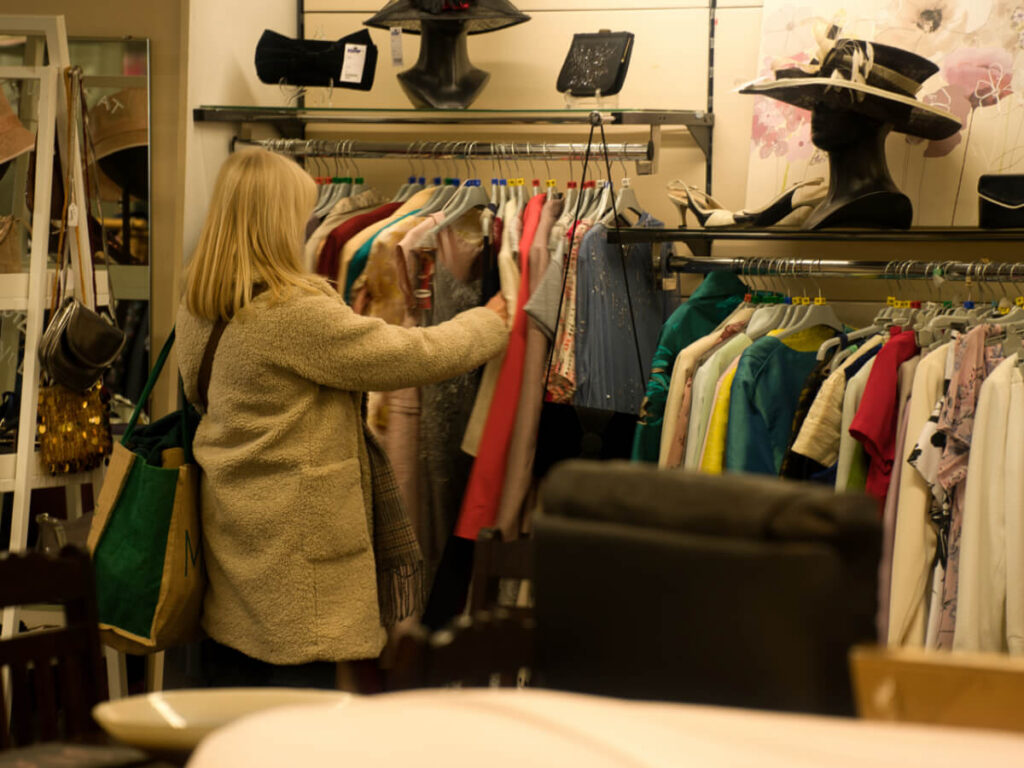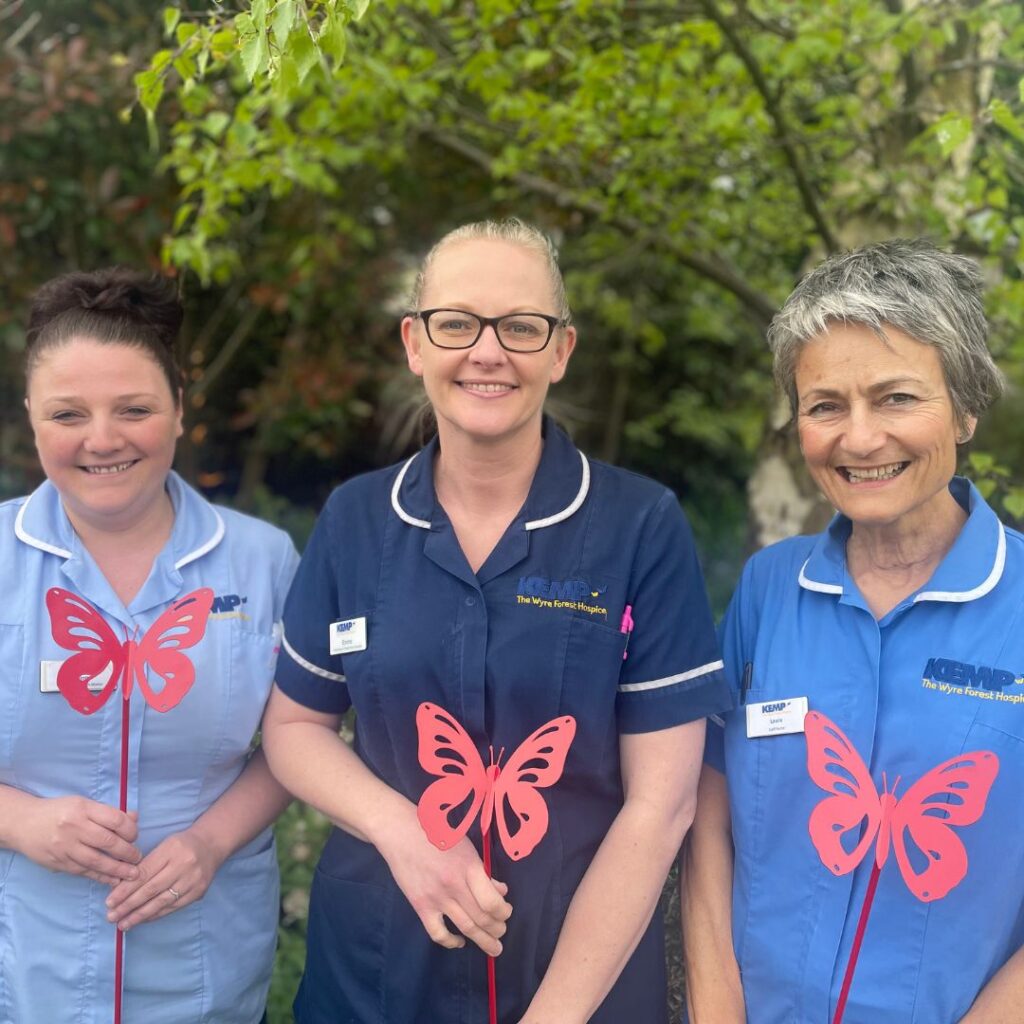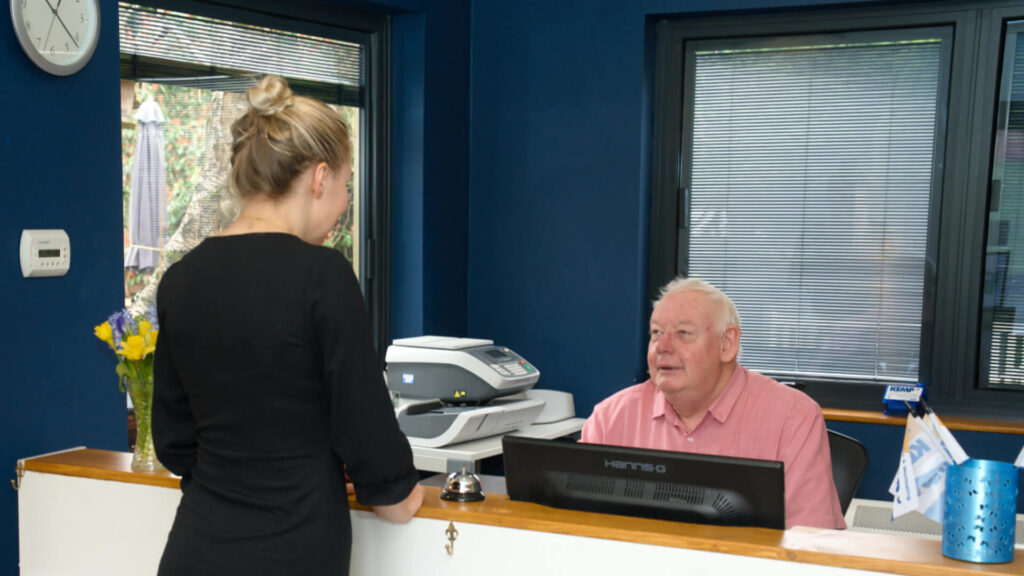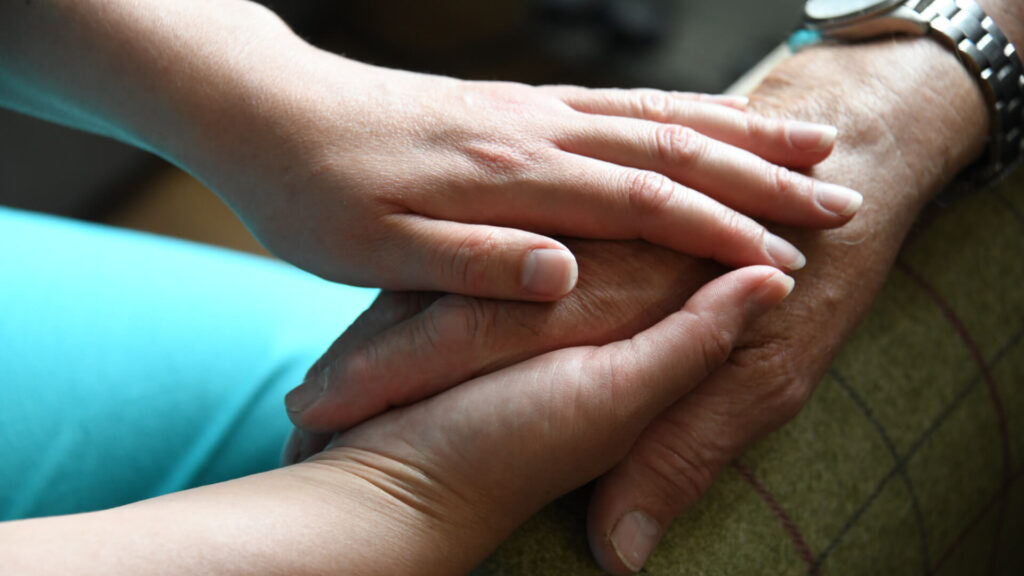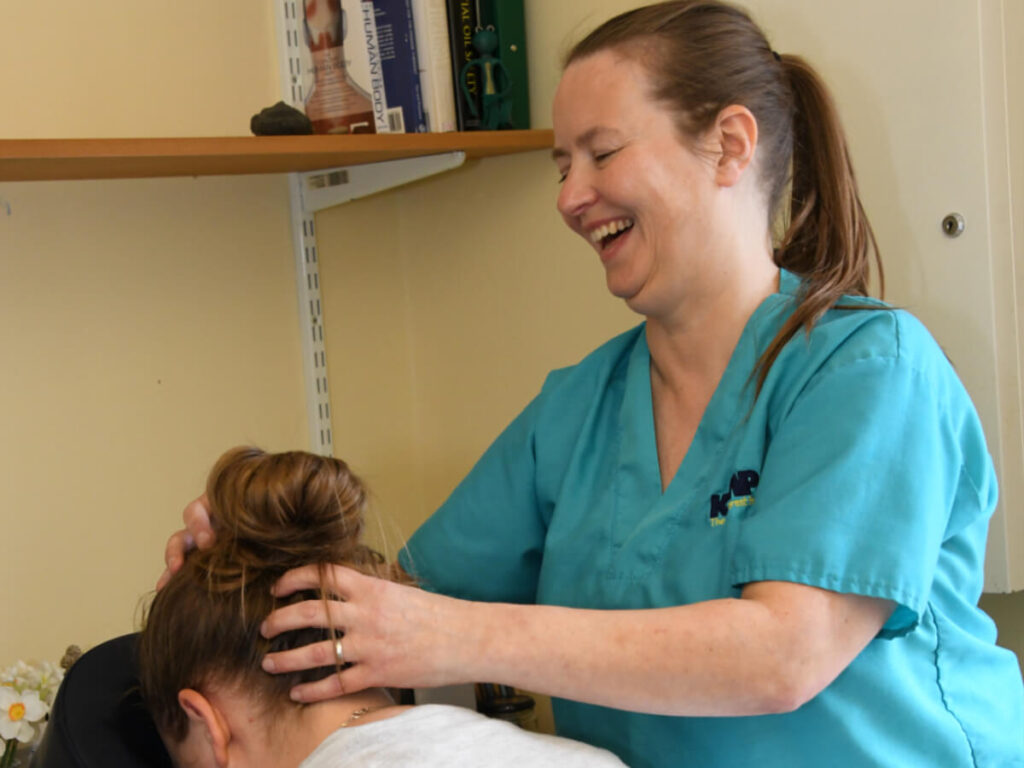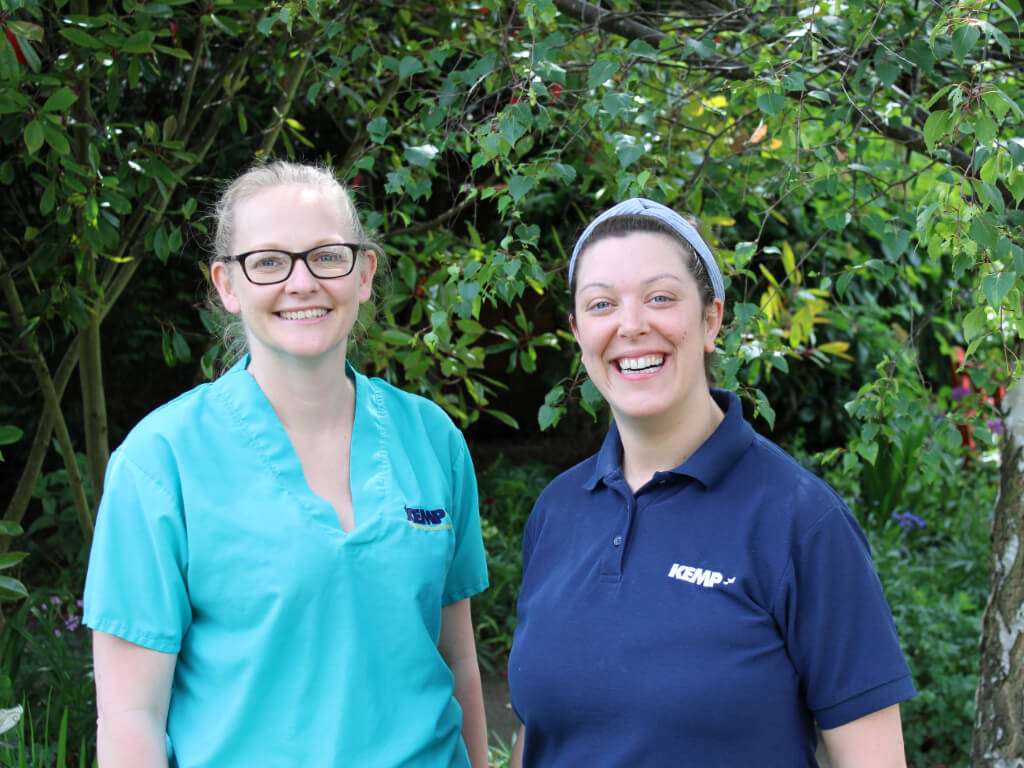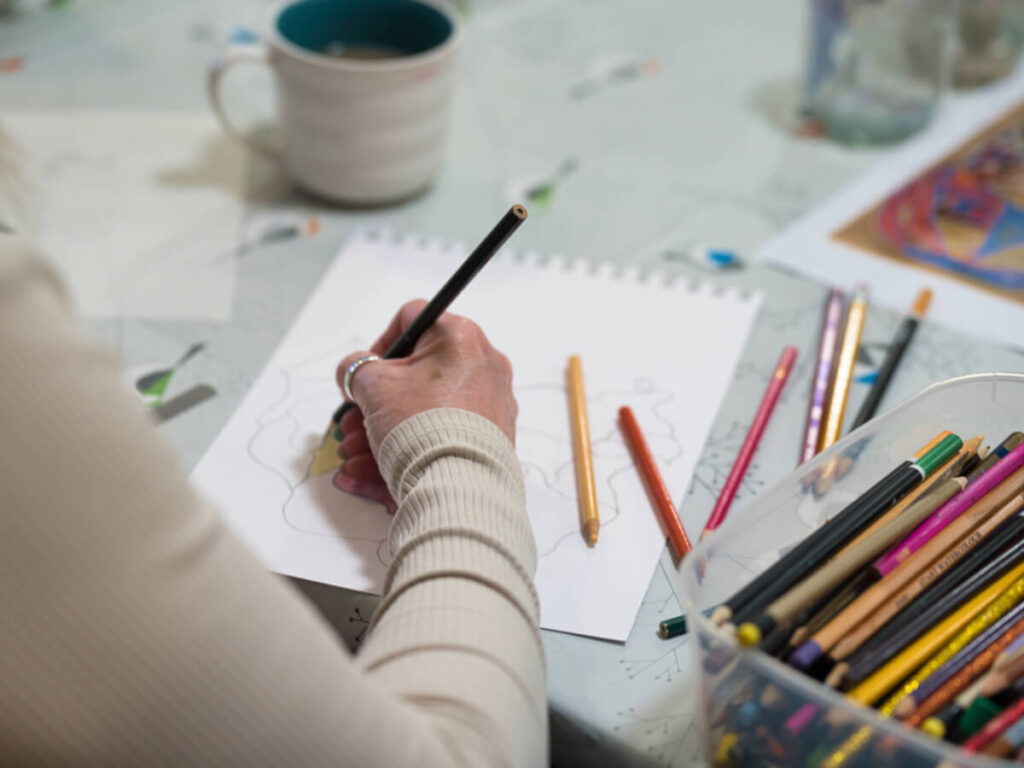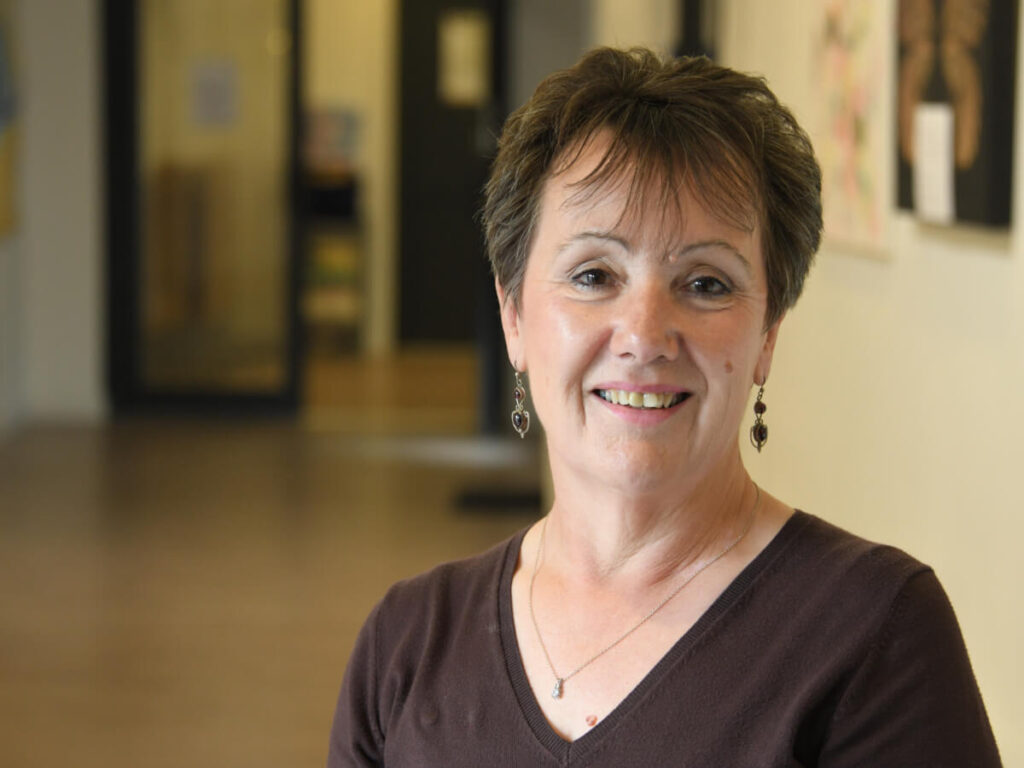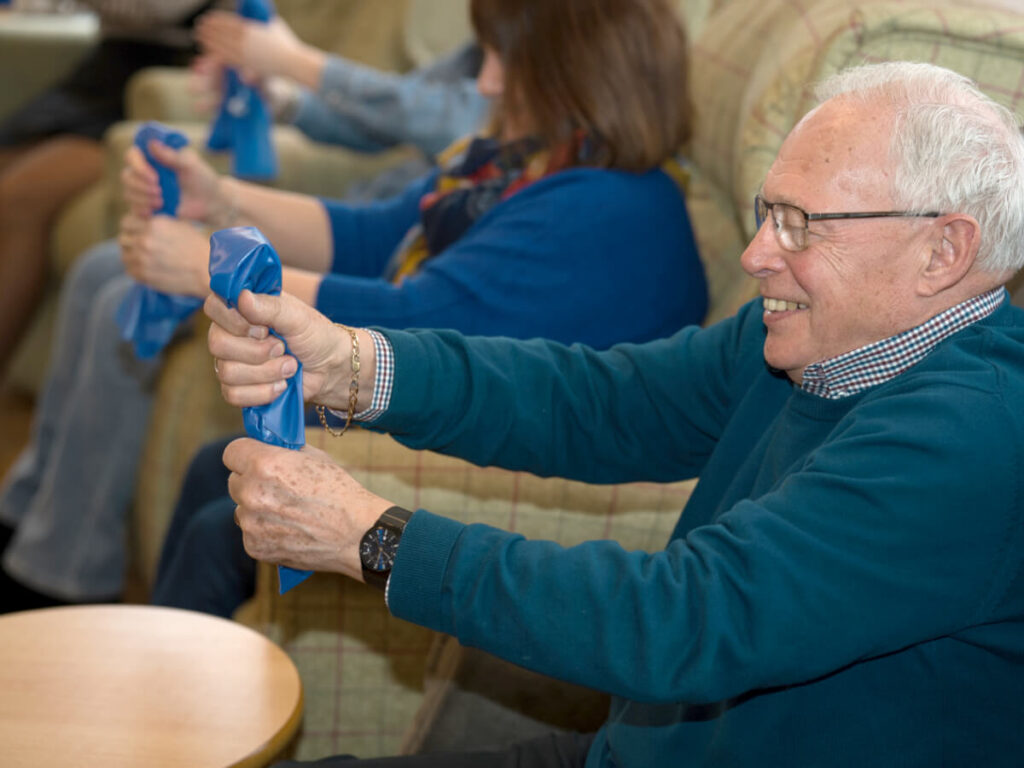Our complementary therapies give patients a sense of wellbeing and help manage any discomfort and are tailored to care for the individual’s immediate and longer-term needs.
Their qualities can reduce pain and help keep symptoms under control, especially in people living with long-term conditions.
How do complementary therapies help patients?
They can help patients relax, feel less anxious and cope better through challenging times.
Our approach is truly holistic to treat the whole person, not only their symptoms. A qualified therapist puts together a carefully considered treatment plan, in conjunction with the patient, to care for the person’s physical, emotional, and spiritual needs. And because the therapies are gentle and safe to use alongside prescribed medicine and treatment, everyone can benefit.
